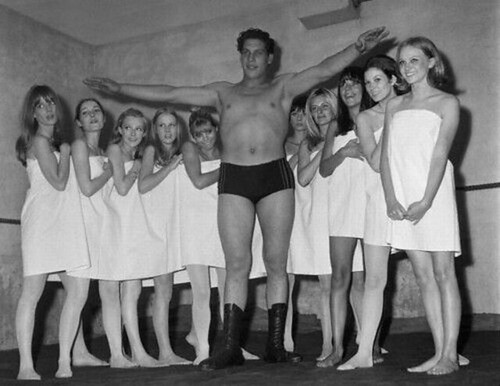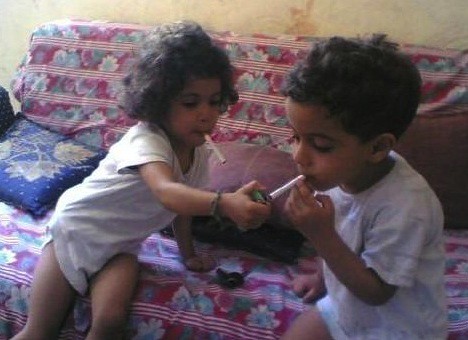A good friend was recently telling me about some workshops she had run. In it she mentioned there were some people who caused some difficulties and how they were dealt with. It got me thinking a bit about how I ‘operate’ when running a workshop. I have run a few workshops in my time and often there is always 1 who can do some difficult transactions.
Even before the group starts I am assessing the culture of the group. The personalities of the participants and how those personalities combine make each group a unique one. I get a good deal of this information in watching people especially before the workshop has started and in the breaks. Who talks to who and you get some idea of the sub groups in the workshop.
Of course it can make a big difference if the group is voluntary or are the participants forced to come along. In a lot of organizational groups the participants are sent along by the company and that can make things more difficult.
I will be alert for the attention seeker(s). This person is usually very vocal. Asking questions, making statements or reporting on them self during the group. They will often engage the leader a good deal and sit up the front or in some central position. This person can be good for the workshop as they can get others talking and asking questions. If the group persists over a couple of days or longer they usually start to irritate some of the other participants as they do get a lot of attention and this can bring up many childhood sibling issues. This can be a good thing for the group.
I am also looking for the joker. The person(s) who says funny things and makes people laugh. Once identified I will engage them and encourage them. I am wanting to establish a culture of Adult + Free Child. If I can help the group develop that culture then the workshop is on a much stronger footing.
Also I am on the look out for the troublemaker(s). As I said before there is usually at least one. Occasionally you get a group where there are none and that is good but most often there is at least one.
They maybe high RC. Obviously the workshop leader is the authority figure in the mind of most participants and this will bring out the RC in those who are prone to that. They may challenge the leader in some form by questioning their ability, qualifications, personal experience, the truth of what you are saying and so forth. Or they may simply complain about things. They may do things like yawn openly and loudly or seek to disrupt the group in some other way.
Then there is the high CP troublemaker. They will verbalize their criticisms of the leader, content, workshop setting or some other thing.
Then there is the person who is simply high Parent ego state. This person may say they want to ask a question but it ends up being a statement. They have trouble adopting the student role in the student - teacher relationship. As I said before the more participants who are in A + FC the better. The high Parent person finds it difficult to adopt this position and in this way can be disruptive to the group process.
How I have dealt with the troublemakers has changed over the years. In the early times I would see them more as a challenge. Probably being less confident in myself I may have felt a bit threatened by them. This is less so now. I will tend to let them have their say and give them positive strokes. If they are interjecting quite often I will let them do that for a time and they tend to hang themselves. Basically I don’t ‘fight’ them and they tend to fade away and by half way through the day they are by and large silent. Take the ‘wind out of their sails’ rather than getting ‘on top’ of them and give them lots of positive strokes for their comments, suggestions and questions.
What will they be like when they are 30 years old and attending a workshop?
Finally one thing I have always found useful to group process is to make part of it quite personal, even in organizational groups. If teaching egograms I will get them to do their own egogram. If teaching life scripts I will get them to do their own life script analysis. If they ask a personal question even if it is a bit off topic I will answer it and go off topic for a while. If talking about symbiosis someone asks a question about how to deal with their troublesome teenager I will let them and give an answer even if it is not really on the topic. Very helpful in conducting a workshop I have found.
Graffiti




Very interesting and useful text to me Tony. I didn't do any workshop so far, but I have some in planning for this year, so thank you very much for writing this!
ReplyDeleteI hope you didn't have much troubles with workshop from hanged photo :)